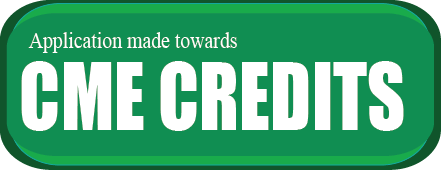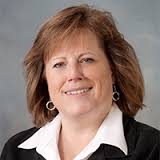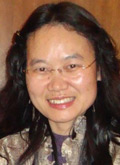Biography
Karen Oehme, J.D. is the director of the Institute for Family Violence Studies and a Distinguished University Scholar at Florida State University, USA. She is an attorney and researcher specializing in trainings for professionals on issues related to intimate partner violence and child welfare. Her work includes a National Prevention Toolkit for Medical Professionals. (dvmedtraining.csw.fsu.edu). She also works with law enforcement agencies and child welfare agencies on prevention strategies.
Research Interest
Domestic violence, health care
Biography
Michael Frass has completed his M.D. at the age of 24 years from Medical University of Vienna. He is specialist for Internal Medicine and Internal Intensive Care Medicine. Dr. Frass is the Director of the Outpatients Unit “Homeopathy in malignant disease†at the Medical University of Vienna. He has published almost 200 papers in reputed journals and has invented the Combitube as an emergency airway.
Research Interest
The use of complementary and alternative medicine has increased over the past decade. The aim of this study was to evaluate whether homeopathy influenced global health status and subjective wellbeing when used as an adjunct to conventional cancer therapy. In this pragmatic randomized controlled trial, 410 patients, who were treated by standard anti-neoplastic therapy, were randomized to receive or not receive classical homeopathic adjunctive therapy in addition to standard therapy. The study took place at the Medical University of Vienna, Department of Medicine I, Clinical Division of Oncology. The main outcome measures were global health status and subjective wellbeing as assessed by the patients. At each of three visits (one baseline, two follow-up visits), patients filled in two different questionnaires. 373 patients yielded at least one of three measurements. The improvement of global health status between visits 1 and 3 was significantly stronger in the homeopathy group by 7.7 (95% CI 2.3 to 13.0, p=0.005) when compared with the control group. A significant group difference was also observed with respect to subjective wellbeing by 14.7 (95% CI 8.5 to 21.0, p<0.001) in favor of the homeopathic as compared with the control group. Control patients showed a significant improvement only in subjective wellbeing between their first and third visits. Results suggest that the global health status and subjective wellbeing of cancer patients improve significantly when adjunct classical homeopathic treatment is administered in addition to conventional therapy.
Biography
Dr. June Anonson has been actively involved in leadership in various capacities since 2005. She has been recognized for her leadership and exemplary service as a recipient of numerous honours and prestigious awards including the Saskatchewan Registered Nurses’ Association Elizabeth Van Valkenburg Award for Leadership in Nursing Education, the Centennial award for Nursing Leadership in Saskatchewan, along with numerous other awards for outstanding Leadership and Education in nursing. June is currently a Full Professor with the University of Saskatchewan; Director for the Institute for Nursing Scholarship; and Acting Director for the Office of Applied Research and Innovation at Saskatchewan Polytechnic.
Research Interest
Effective and inspired nursing leadership is required in our fast-paced, ever-changing healthcare system. Point of care nurses in practice and education experience challenges and nurse leaders must be equipped with an arsenal of skills, knowledge and abilities to support their teams. Added to these challenges is that of the impending nursing shortage in Canada. The Canadian Nurses Association (2013) reports that the shortage of Canadian registered nurses will be 60,000 by 2022. Currently, the nursing workforce spans four generations, each with its own values, work behaviors, relationship styles, and motivation (Dols, Landrum, & Wieck, 2010). Harnessing the positive attributes of each generation and supporting them effectively, nurse leaders need to adapt themselves and/or the environment and understand the different needs and preferences of the generations (Dols, Landrum, & Wieck, 2010; Stanley, 2010). It has been demonstrated that leadership can be taught and effectively implemented into practice (Curtis, Sheerin, & de Vries, 2011). This presentation will provide an opportunity to look at nursing leadership in the past, what it looks like today, and where we want to take it for the future. This will support the mentoring of student and novice nurses, our nurse leaders of the future. In this interactive presentation, dialogue will occur with participants, sharing their ideas and suggestions for nurse leadership in Canada for the future. Along with participants attending this presentation, nurse leaders and student nurses (Graduate and Undergraduate) from across Canada will provide input into their perceptions of nursing leadership.














